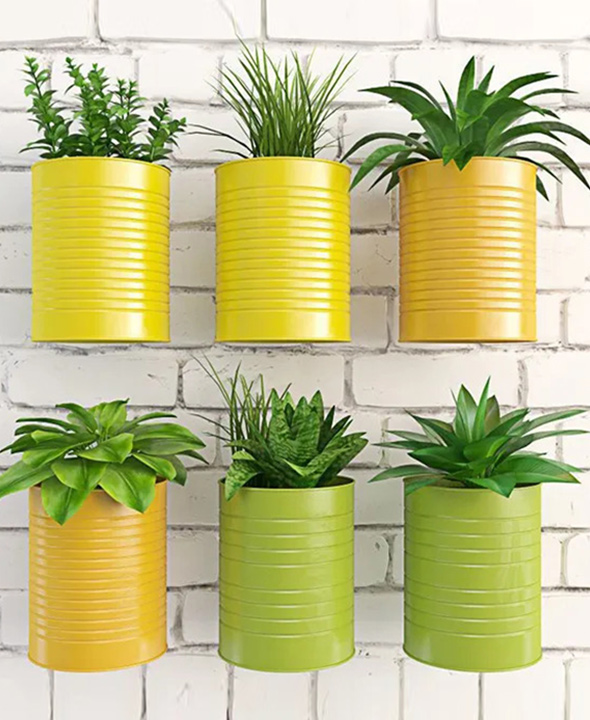Infinitely Sustainable
Tinplate offers better environmental performance overall, compared to other materials used for the same purpose. Tinplate holds a unique position as a sustainable packaging material because it is 100% recyclable. A significant proportion of all the steel in a can comes from recycled sources. Tinplate can be recycled over and over again, indefinitely, without any loss of its inherent properties.
01
Steel is the most recycled packaging material worldwide, it can be recycled multiple times without losing its properties
02
More than 70% of steel packaging is recycled in developed world
03
Recycled packaging steel is reused in making new steel thus saving energy and Saves one and half times of its weight in CO2 emission
04
Steel’s magnetic property makes it easier to recover from waste dumps & 100% of packaging steel is recyclable
05
Recycled steel is contamination-free since production temperatures are very high & each steel plant is a recycling plant since steel making process needs steel scrap
06
Recycled packaging steel can be re-used in cars, buildings and packaging & Every fresh steel has a guaranteed recycled steel content

